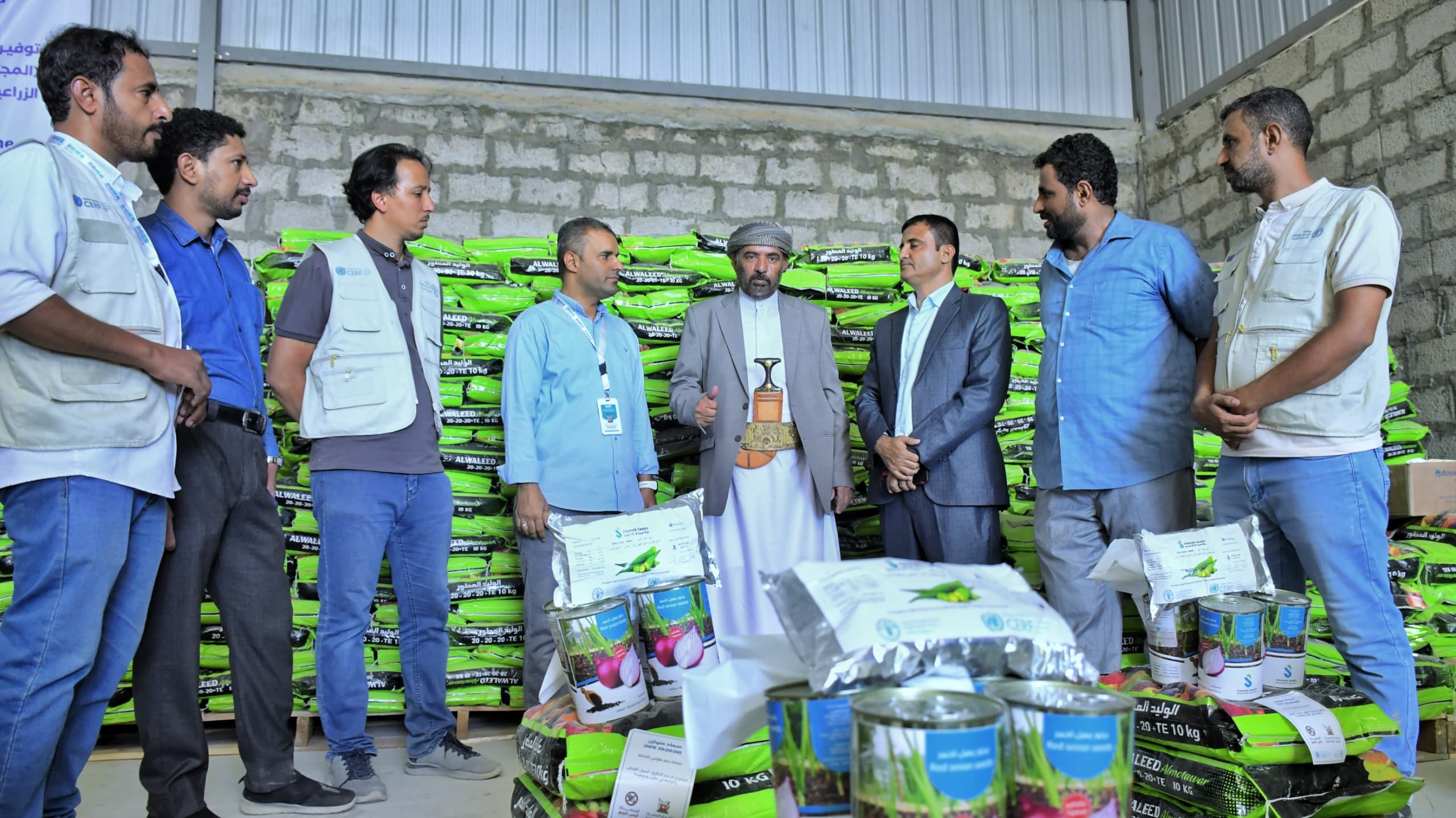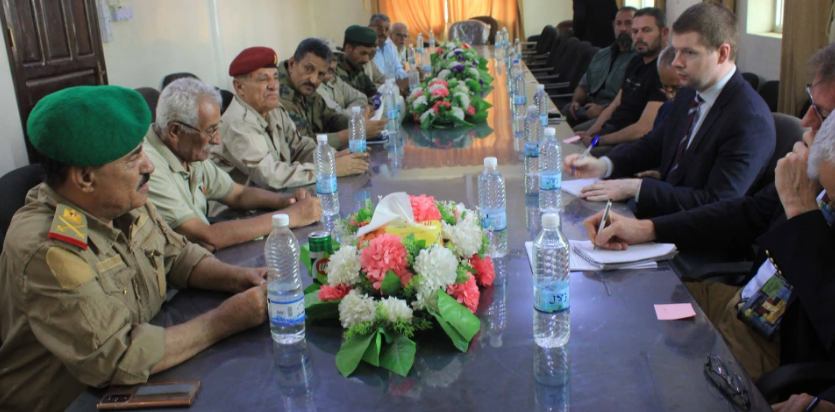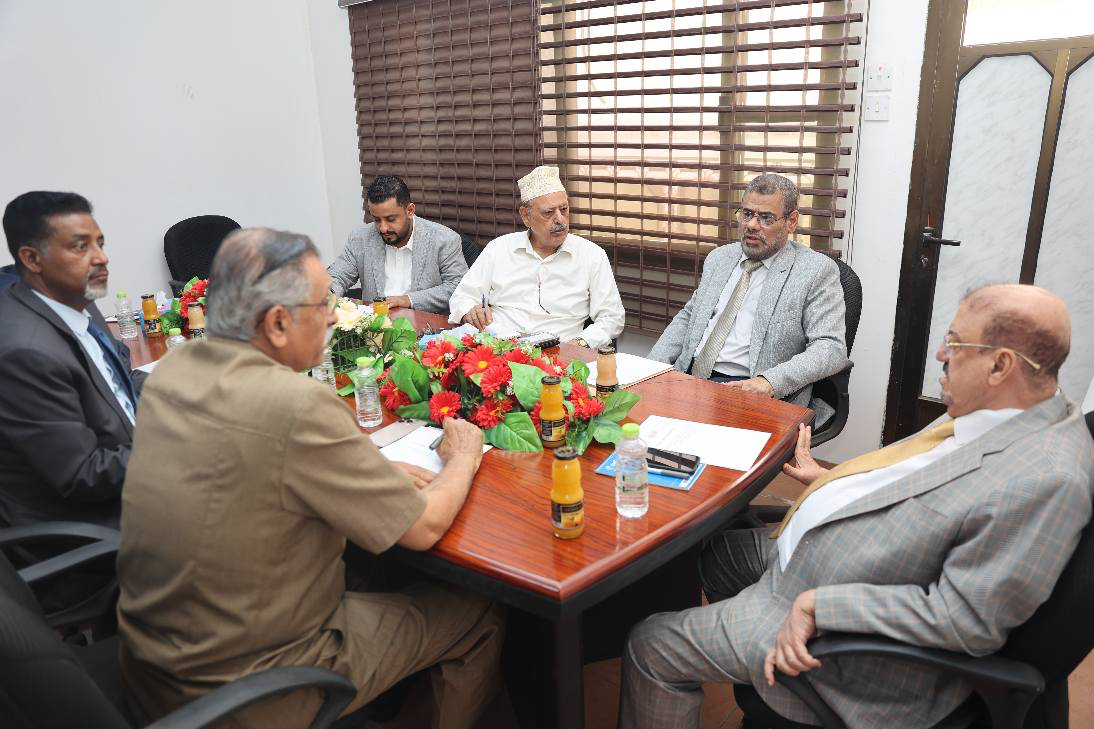
Barran Press
On Thursday, October 3, 2024, Abdullah Al-Bakri, the Deputy Governor of Marib for Administrative Affairs, along with Ali Bahaibah, Acting Director General of the Agriculture and Irrigation Office, launched the first phase of the Emergency Livelihood and Agriculture Support Project in Marib Governorate, northeastern Yemen. This initiative is implemented by the Food and Agriculture Organization (FAO) in collaboration with the local partner, Coalition for Humanitarian Relief, and the governorate's agriculture office.
Funded by the Central Emergency Response Fund and the United Nations Office for the Coordination of Humanitarian Affairs (OCHA), the project aims to assist 2,390 farmers from both host communities and internally displaced persons in improving their livelihoods and boosting food production.
The project is structured in three phases, which include providing farmers with seeds and fertilizers, supporting livestock, and offering training and guidance to the benefiting farmers throughout each phase.
During the launch event, Al-Bakri praised this significant development project, emphasizing its role in enhancing farmers' resilience against challenges posed by climate change and the ongoing conflict. He stressed the importance of focusing on training and educating farmers on optimal fertilizer use and pest control to maximize the project's benefits and positively impact agricultural production and soil conservation.
Bahaibah clarified that the first phase of the project targets 1,000 farmers with okra and onion seeds, as well as compound fertilizer. This phase will last for ten days, followed by the second phase, which will distribute sesame seeds and urea fertilizer to 500 farmers. The third phase will involve providing 3,560 local sheep to 890 beneficiaries from both the displaced population and the host community, along with ongoing training and guidance throughout each stage.





